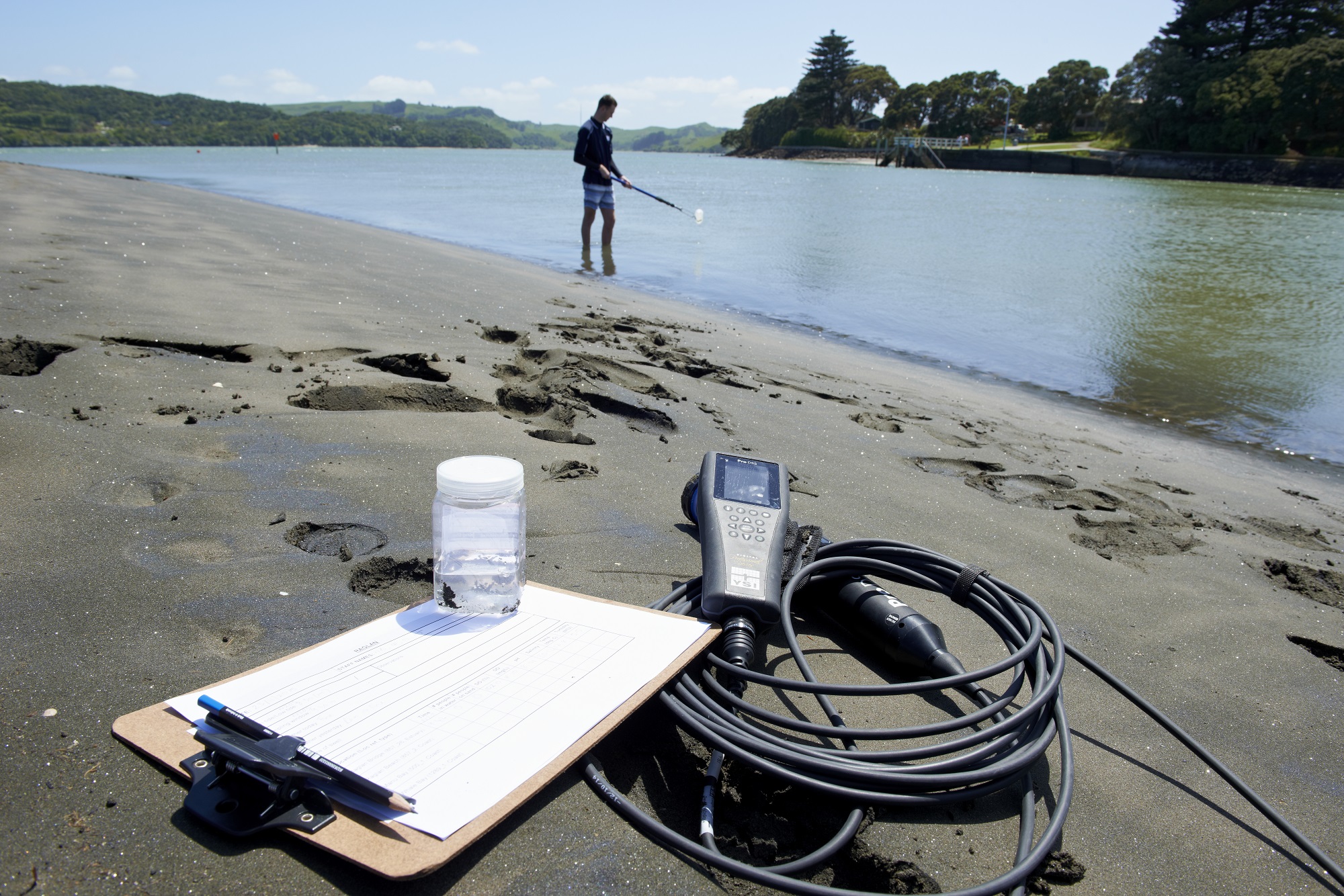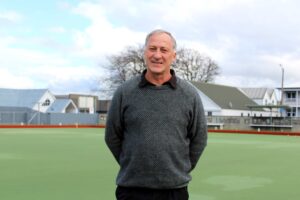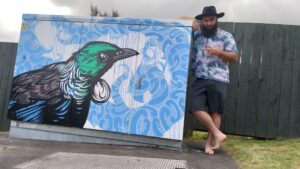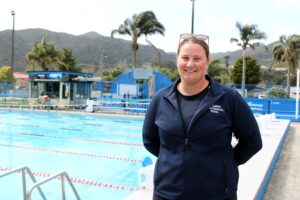Hot Water Beach, Tairua, Pauanui, Whangamatā, Onemana and Whiritoa are included in the list of beaches being tested for faecal bacteria levels.
The tests, which are being conducted by Waikato Regional Council and two environmental science university students, aim to establish whether levels are suitable for contact recreation such as swimming and surfing.
Testing is also being conducted at Pepe Inlet at Tairua and the Whangamatā Harbour entrance.
Waikato Regional Council said much of the testing was about gaining better information about the region’s coastal waters and to make the latest coast, river, and lake results available on the Land, Air Water, Aotearoa (LAWA) website.
Coastal and Marine Science Team Leader Dr Michael Townsend said while the water quality at Waikato region beaches was generally good for swimming and surfing, people should be cautious for up to 48 hours after heavy rain.
“It flushes contaminants from urban and rural land into waterways, which then make their way to the coast,” he said.
“These contaminants may be present in the water for up to two days after heavy or prolonged rainfall.”
Dr Townsend said providing the public with the best quality information was important so the council could collaborate with district councils and Te Whatu Ora Health NZ Waikato to communicate results that might have public health implications.
Te Whatu Ora’s Medical Officer of Health, Dr Richard Wall, recommended that waters with Public Health warnings should be avoided for recreational use.
“If you do use the water for recreational purposes when a warning sign is in place, then you are potentially exposing yourself to harmful pathogens that can cause illnesses including gastroenteritis, respiratory illnesses, and ear and skin infections,” Dr Wall said.
Waikato Regional Council said the students would also be sorting through samples of sediment-dwelling organisms such as shellfish and marine worms from estuaries and look at its sediment characteristics to evaluate ecological health.




